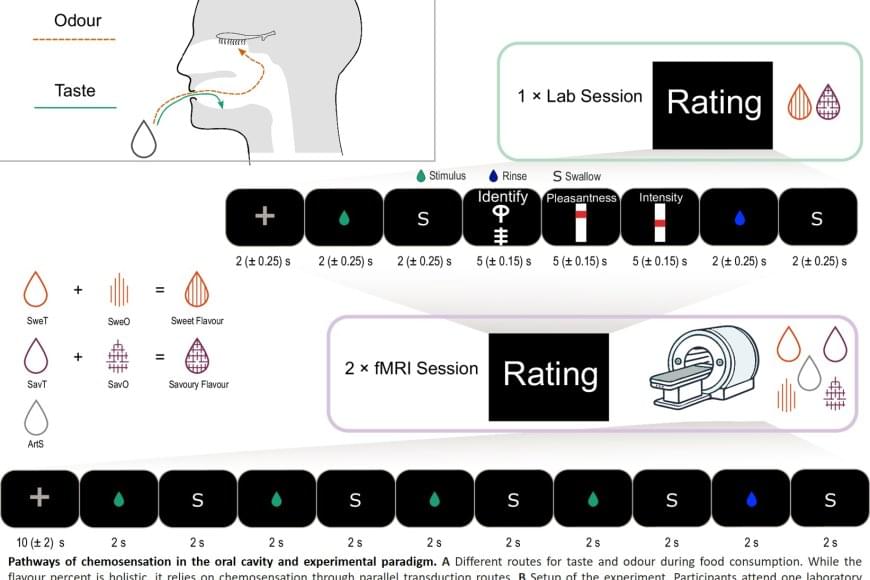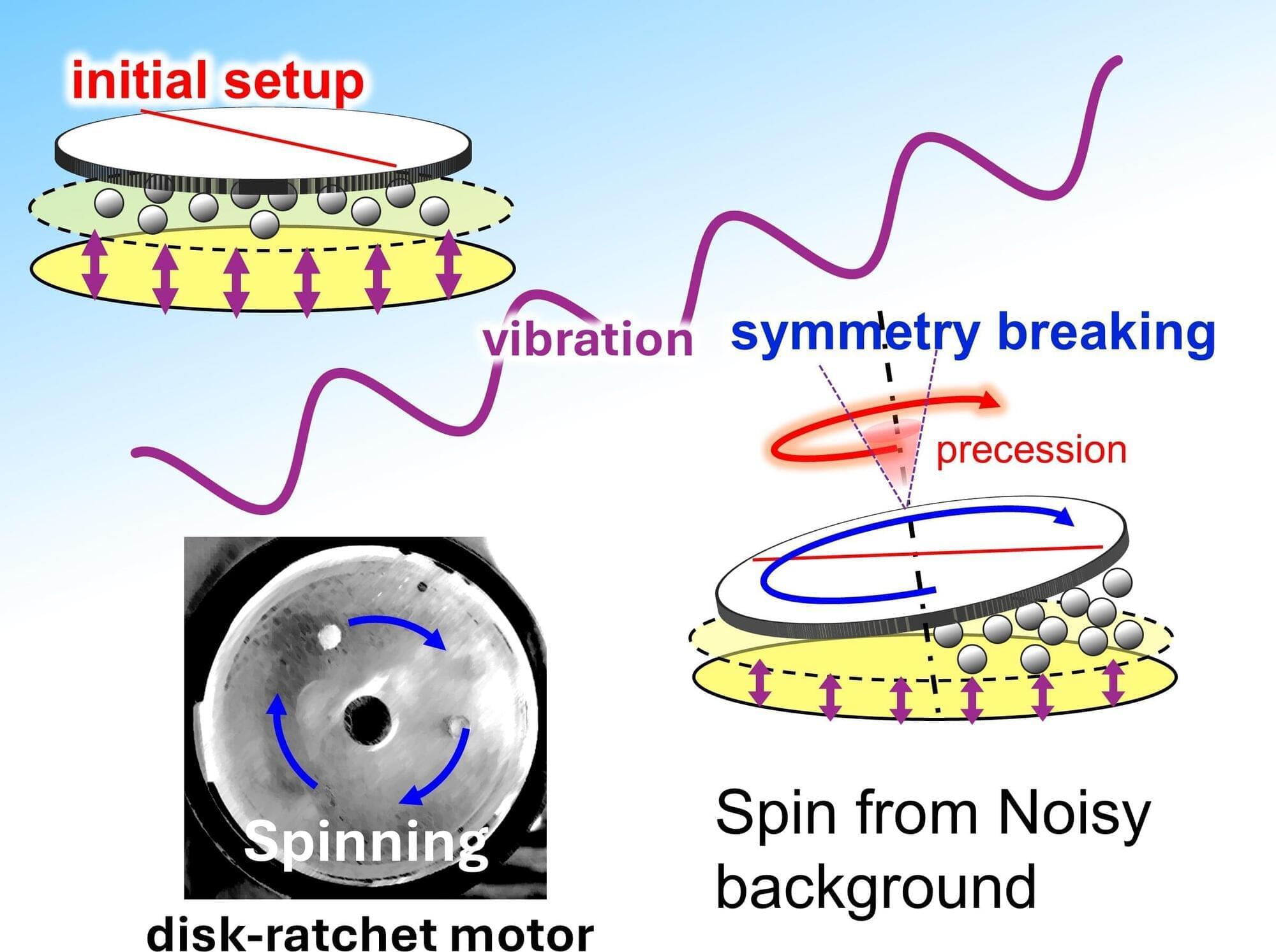A lack of soap is the most often reported barrier to effective hand hygiene—key to curbing the spread of infection—in shared community spaces, such as households, schools, and public places, finds a systematic review of the available research, published in the open access journal BMJ Global Health.
It found that the barriers most often reported concerned physical opportunity, such as the availability of soap, and lack of motivation— hand hygiene not prioritized, or not habitual practice, for example. On the other hand, the enablers most often reported being aligned with motivation in the form of habitual practice and perceived health risk.
A further systematic review found that most of the reported efforts to improve handwashing didn’t always address identified barriers or enablers to ensure behavioral sustainability, nor did they fully consider the fundamental resources needed for hand hygiene, such as soap, water, and handwashing facilities.







